Voting guide: What's on November's special election ballot in Austin?
Austin, Texas – With early voting for November's special election starting October 18, many Austinites and Texas residents are wondering just what they'll see on their ballots in the coming weeks.
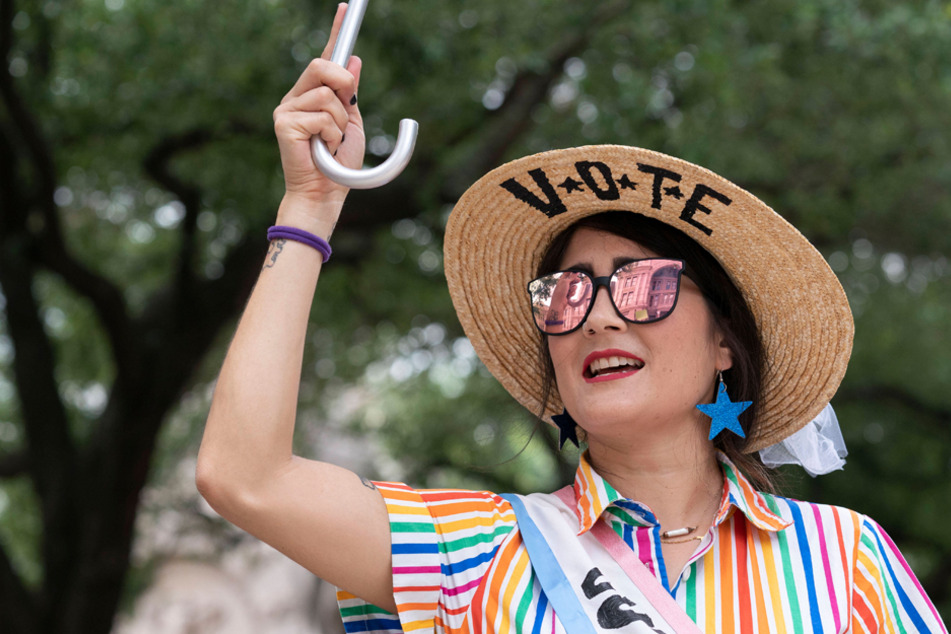
As the November elections approach, it's time to get prepared for what you'll be voting for at the polls.
Given how difficult it can be to understand ballot language, knowing exactly what each proposition actually means beforehand is the best way to fully understand just what you're voting for or against.
If you live in Austin, you've probably heard of Proposition A, or perhaps have seen "No Way on Prop A" signs around town.
In short, Prop A seeks to add funding and additional officers to the Austin Police Department to "ensure effective public safety", according to its website.
The wording of Prop A leaves out a lot of need-to-know information, such as how adding more police officers plays into overall public safety, how much money the police department currently has, and where the money to fund such staffing changes will even come from.
Keep in mind, this isn't the only local measure that will be on the November ballot, alongside several state-level propositions.
What is Prop A?
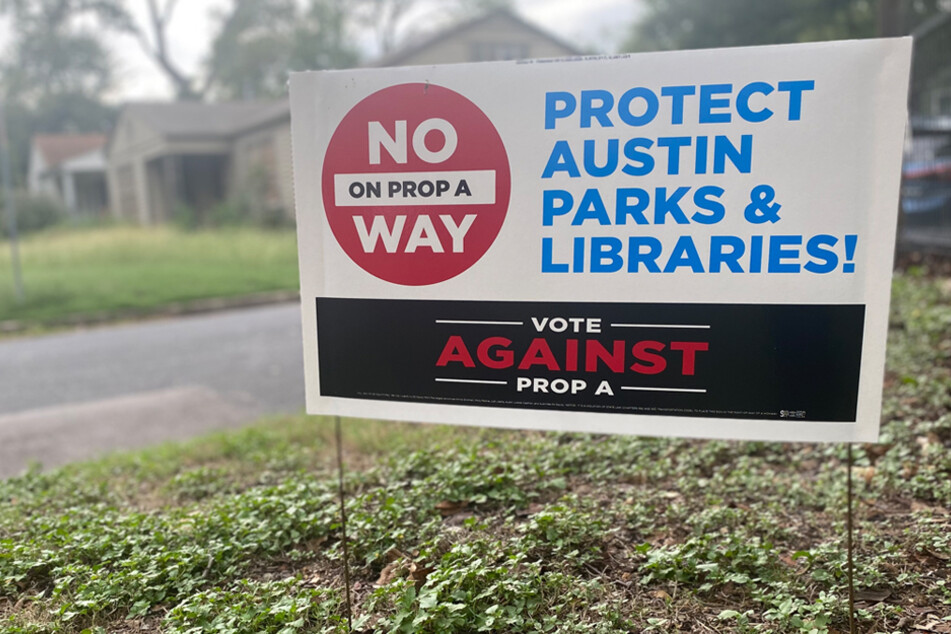
There will be two local propositions to vote for or against on November's ballot: Proposition A and Proposition B.
The wording Austin residents will see on the ballot for Prop A is:
"Shall a petitioned ordinance be approved to enhance public safety and police oversight, transparency and accountability by adding new chapter 2-16 to establish minimum standards for the police department to ensure effective public safety and protect residents and visitors to Austin, and prescribing minimal requirements for achieving the same, at an estimated cost of $271.5 million - $598.8 million over five years?"
According to No Way on Prop A – a coalition of opposing groups including the Austin Justice Coalition and the Travis County Democratic Party – the proposition aims to direct money back into the police department by cutting funding for other essential services including parks, libraries, mental health outreach, and EMS.
Those who are in favor of Prop A share the belief that adding more officers to the streets of Austin are just what's needed to keep residents safe. However, the Prop A website doesn't specifically indicate where the funding for additional officers or increased training would stem from.
If passed, Prop A would increase police staffing to two officers per 1,000 people, double the amount of time officers spend in training, and require that 35% of their time on duty be spent on "community engagement", along with various, albeit unknown, incentives.
Proposition B seeks an OK from residents for the city to sell parkland
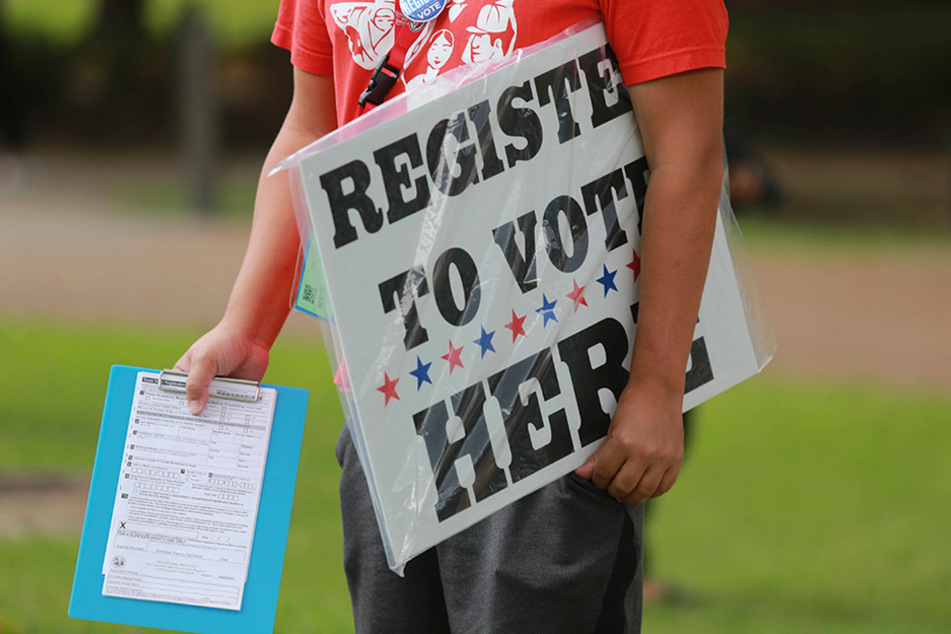
Then there's Proposition B, which will read as such on the ballot:
"Shall the City Council be authorized to convey or lease approximately 9 acres of parkland currently used as the Central Maintenance Complex (CMC) located at 2525 S. Lakeshore Blvd. through a public bidding process, where the total value of the bid is equal to or greater than the appraised fair market value of CMC?"
In layman's terms, Prop B asks residents whether they are for or against the city selling at least nine acres of designated parkland off of East Riverside to an undisclosed bidder.
If passed, the city would be allowed to trade the land to the bidder in exchange for at least 48 acres of waterfront land that must be next to a current public park, and the bidder must pay for or build a new maintenance facility for the Parks and Recreation Department.
Grow Austin Parks is the political action group behind, and in favor of, Prop B.
According to KXAN, Grow Austin Parks appears to be largely funded by Oracle America, whose headquarters happen to neighbor the nine acres that are on the ballot to be traded, leading many to wonder if Oracle is the undisclosed bidder for the land.
Statewide Propositions Texans will see on the ballot
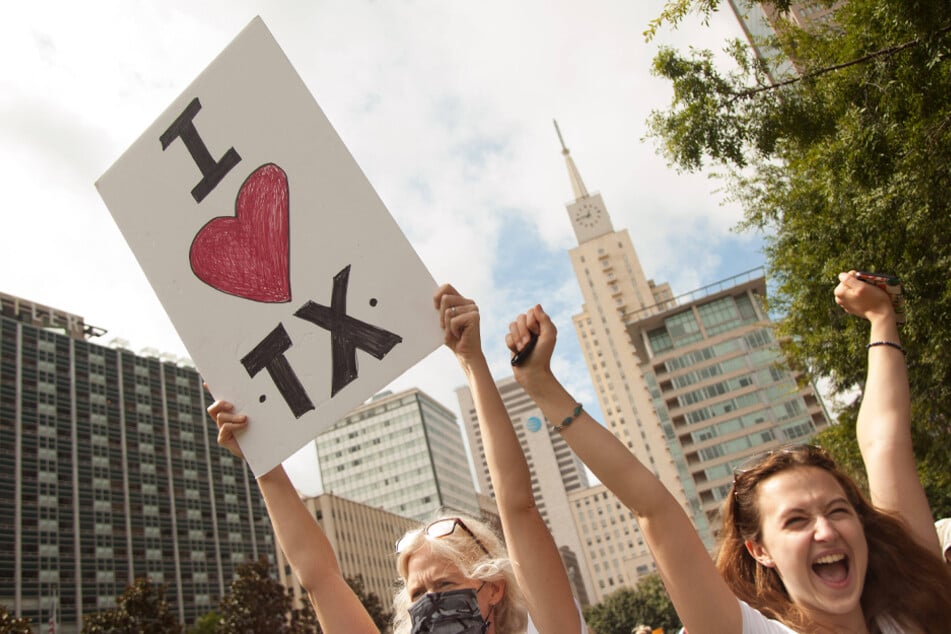
On the statewide level, there are eight propositions that will be on the ballot for November's special election.
State Proposition 1, if passed, would allow the Texas legislature to authorize charitable raffles for professional sports teams at rodeo events.
State Proposition 2 would authorize counties to issue bonds to fund improvements for infrastructure and transportation projects in "blighted areas." This is something cities and towns have always had the power to issue bonds for such efforts, but counties currently do not – unless this proposition passes.
State Proposition 3 would ban restrictions on how religious organizations choose to operate during a pandemic or any other type of emergency. This means that churches and other religious organizations would get a blanket exemption from rules and regulations put in place to protect the health of citizens in dire times.
State Proposition 4 aims to strengthen the requirements of judges to serve on the Texas Supreme Court, state appeals courts, and district courts.
If passed, Proposition 4 would require judges to live in Texas, have 10 years of experience as a lawyer or judge in a state or county court, and requires eight years of experience in Texas as a lawyer or judge of a state or county court.
Getting prepared for the polls
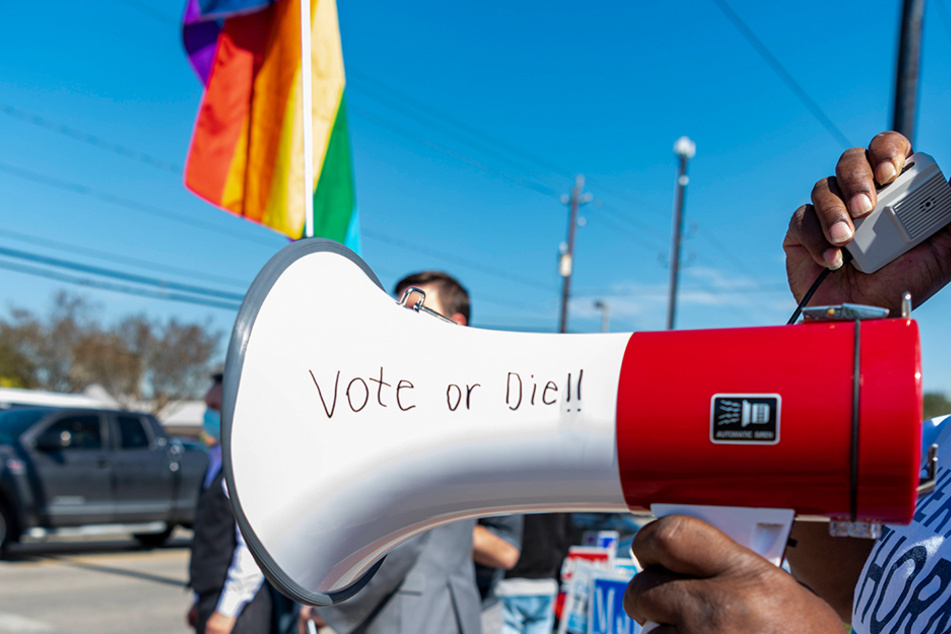
State Proposition 5 would add a section to the Texas Constitution that allows the State Commission on Judicial Conduct to accept and investigate complaints against candidates running for judicial office.
State Proposition 6 stems from Covid-19-related concerns. If passed, it would amend the Texas Constitution to allow nursing home or assisted living residents to designate an "essential caregiver" who cannot be denied in-person access under any circumstances.
State Proposition 7 would extend homestead tax exemptions to surviving spouses of disabled individuals who have died, as long as the surviving spouse is over the age of 55.
Lastly, State Proposition 8 would amend the state's constitution to allow the Texas legislature to apply a homestead tax exemption for surviving spouses of members of the military who were fatally injured in the line of duty.
Early voting for this special election starts Monday, October 18, and will run through Friday, October 29, from 7 AM-7 PM CST. Election Day itself will take place on Tuesday, November 2, with polls open from 7 AM-7 PM CST.
To find the closest polling location to you and other voter information, check out the Secretary of State's website.
Cover photo: IMAGO/ZUMA Wire

